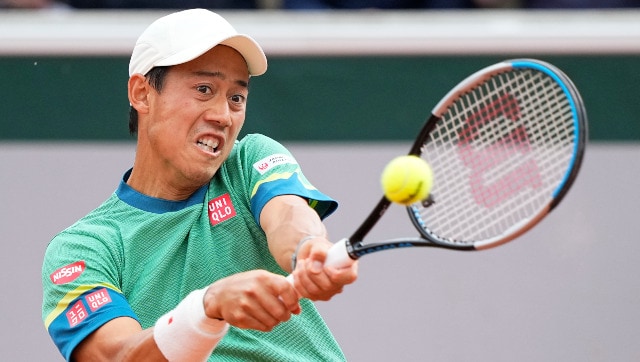StilltheGOAT
Rookie
Heyy,
So I play with advance players (I won't exactly call myself one, you'll know why as you read). When playing with them, I use their speed while rallying -- not that I cannot generate speed by myself -- but I find it pretty easy to use my opponent's speed when playing with top guys. And that is also why I started to play advance, due to the fact that I can handle very high levels of speed and spin. (probably because I used to train a lot on the wall in my early days, I do a lot less now. But that's not the point anyway)
I can give a tough fight to my coach who was ranked 1100 something. Of course he is retired, for two years now. But he is aged 27 and can move just as well, just doesn't have his earlier level. So this was just to give some perspective.
But at the same time, I turned out horribly against a guy 4 years younger to me, he was top-3 from his category, but 4 years younger was embarasing. You must have realized by reading till now, that I fall in the category where the older guys are better i.e. below men's
So the thing is, I can rally well against nationals-playing guys from my category. But I'm not as good when playing points against them, and that's the reason I'm typing out this thread and not playing Nationals myself.
But the real problem I face is against the pushers or weak guys. When I play club matches, all my matches are going to be against people like these. And they just seem to have my number.
Their shots are too low on topspin, don't bounce much, have little to no power on them, and are rarely very deep. And then there's the most annoying lob, where they just f****** push the ball skywards. These are the most uncomfortable players for me. And I end up either in the net or the fence.
It has started becoming very humiliating and embarrassing for me when I mess up routine shots against these guys, and have to use my mental strength to get past them. But some of the times, th UFEs are too high, and I lose.
Did that happen to anyone when they switched to playing with hard hitters?
Or even if it didn't, if you watch this thread, please help out. I cannot go any longer with such performances.
Please help
Thanks.
So I play with advance players (I won't exactly call myself one, you'll know why as you read). When playing with them, I use their speed while rallying -- not that I cannot generate speed by myself -- but I find it pretty easy to use my opponent's speed when playing with top guys. And that is also why I started to play advance, due to the fact that I can handle very high levels of speed and spin. (probably because I used to train a lot on the wall in my early days, I do a lot less now. But that's not the point anyway)
I can give a tough fight to my coach who was ranked 1100 something. Of course he is retired, for two years now. But he is aged 27 and can move just as well, just doesn't have his earlier level. So this was just to give some perspective.
But at the same time, I turned out horribly against a guy 4 years younger to me, he was top-3 from his category, but 4 years younger was embarasing. You must have realized by reading till now, that I fall in the category where the older guys are better i.e. below men's
So the thing is, I can rally well against nationals-playing guys from my category. But I'm not as good when playing points against them, and that's the reason I'm typing out this thread and not playing Nationals myself.
But the real problem I face is against the pushers or weak guys. When I play club matches, all my matches are going to be against people like these. And they just seem to have my number.
Their shots are too low on topspin, don't bounce much, have little to no power on them, and are rarely very deep. And then there's the most annoying lob, where they just f****** push the ball skywards. These are the most uncomfortable players for me. And I end up either in the net or the fence.
It has started becoming very humiliating and embarrassing for me when I mess up routine shots against these guys, and have to use my mental strength to get past them. But some of the times, th UFEs are too high, and I lose.
Did that happen to anyone when they switched to playing with hard hitters?
Or even if it didn't, if you watch this thread, please help out. I cannot go any longer with such performances.
Please help
Thanks.


